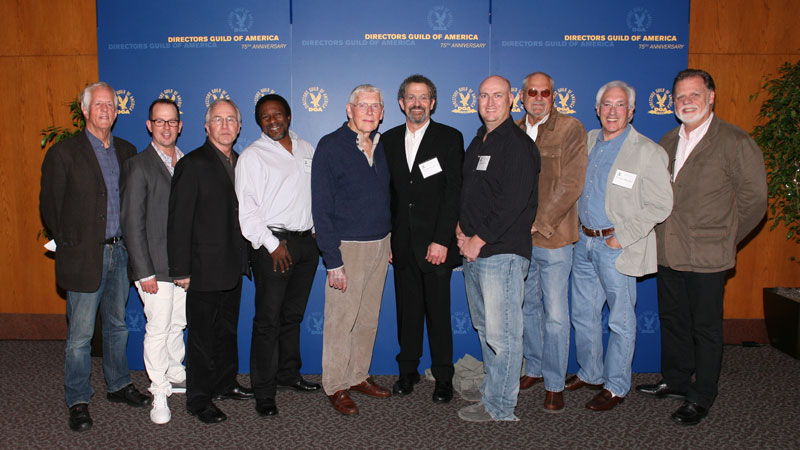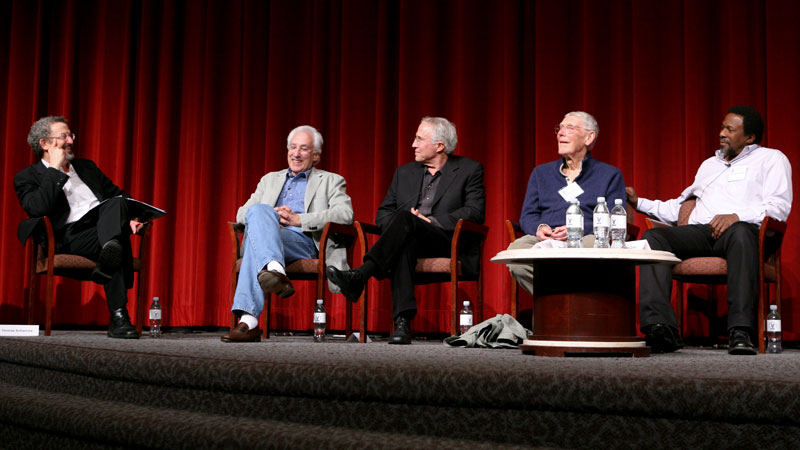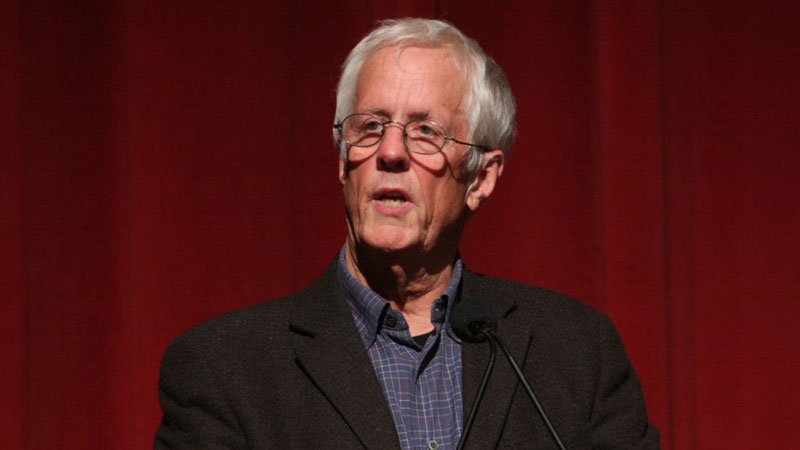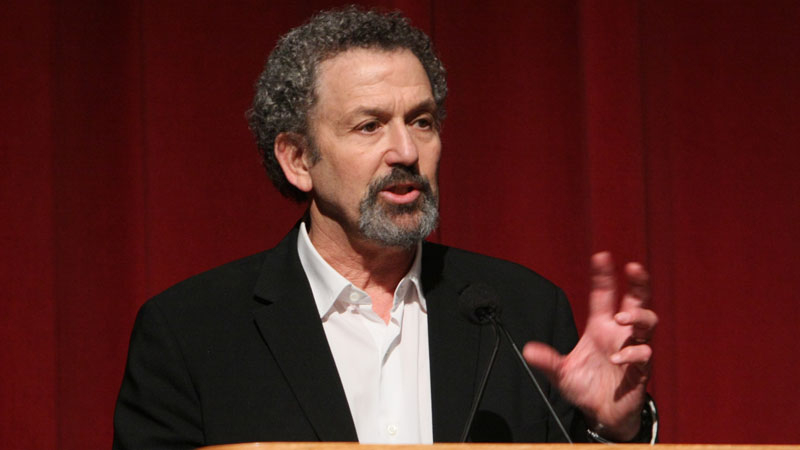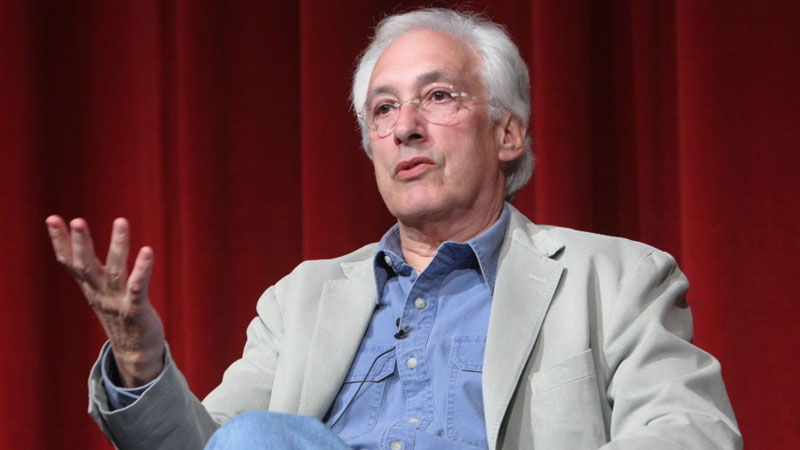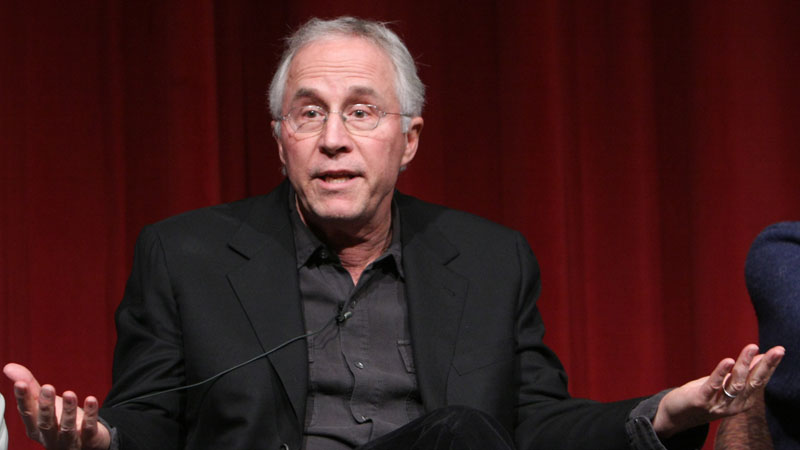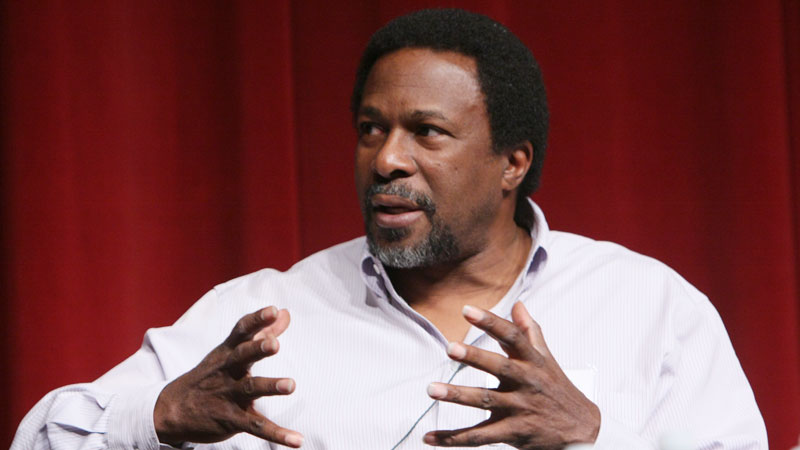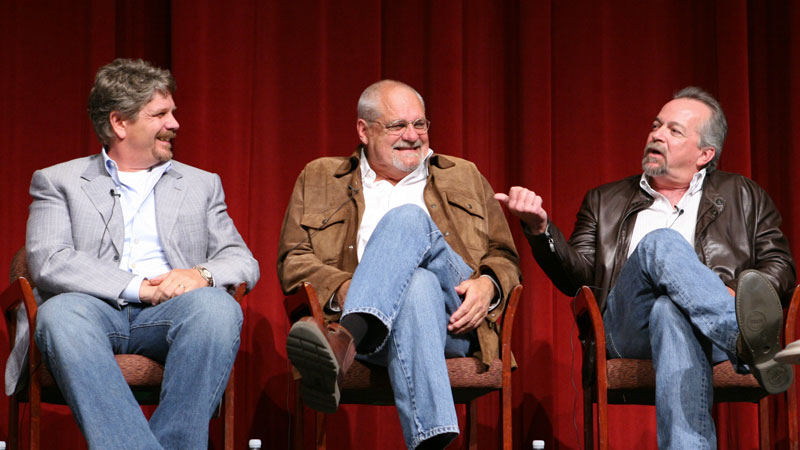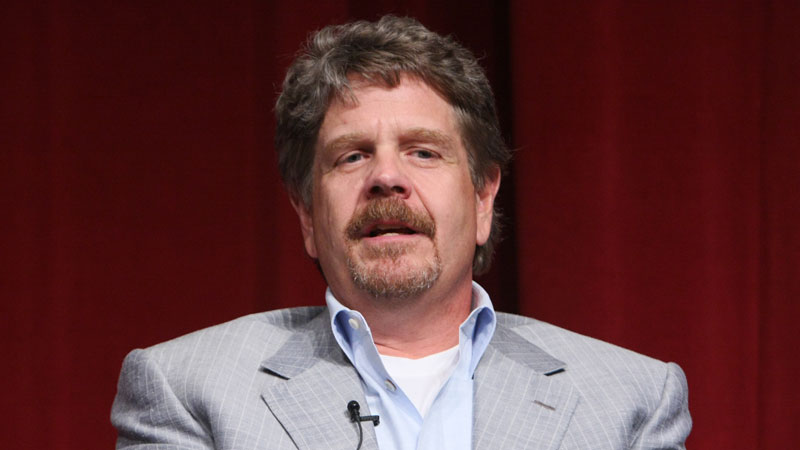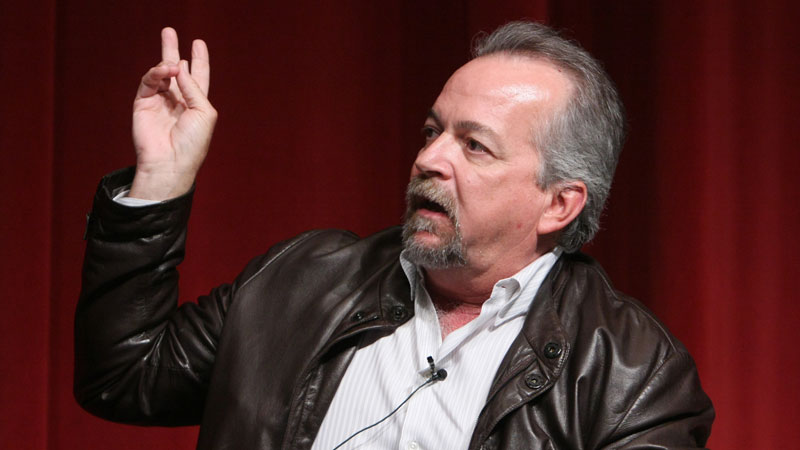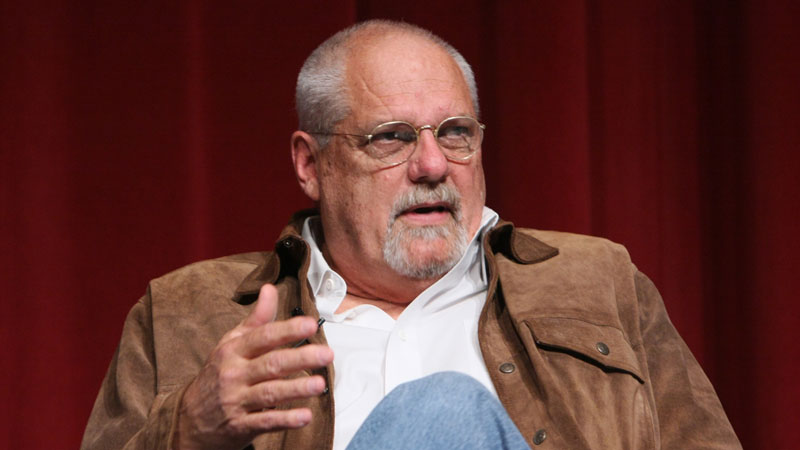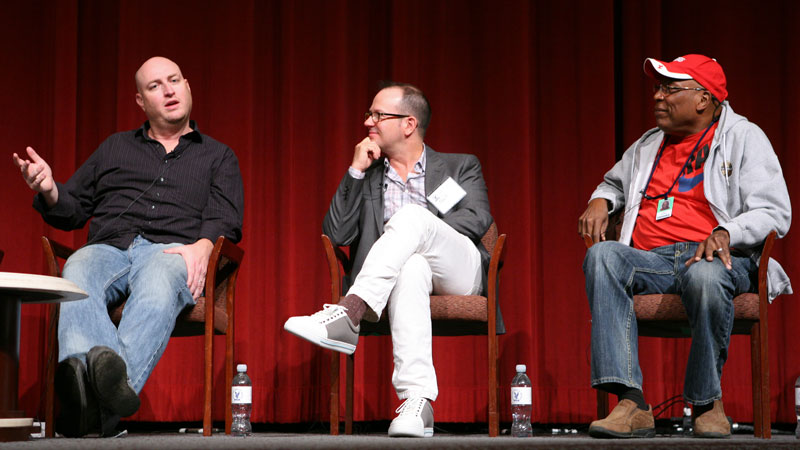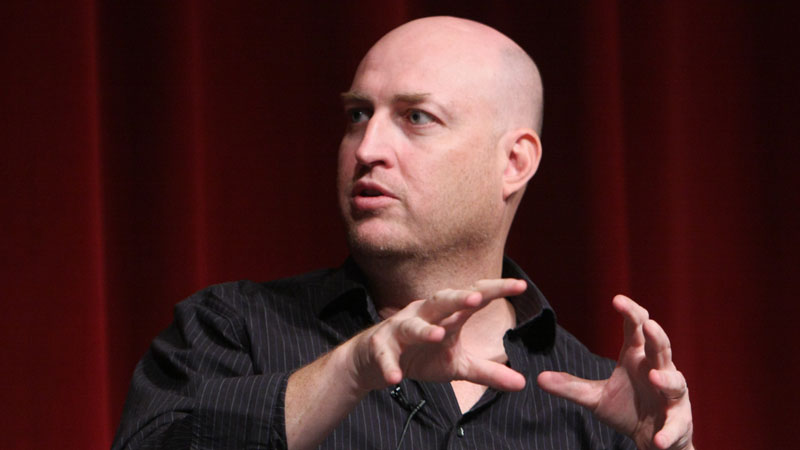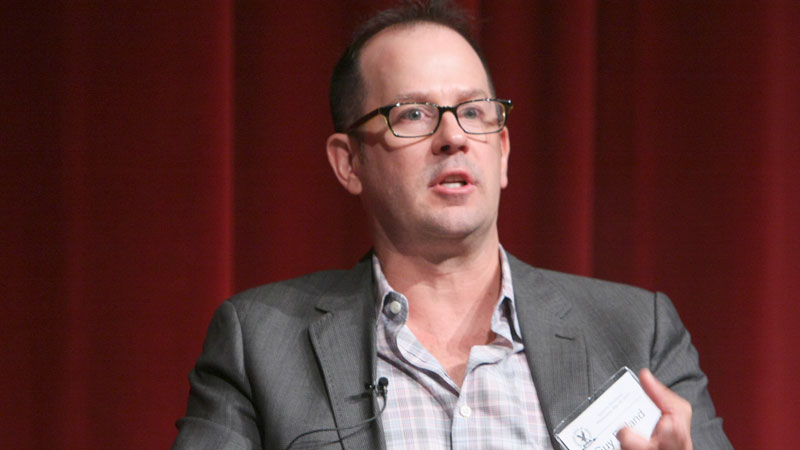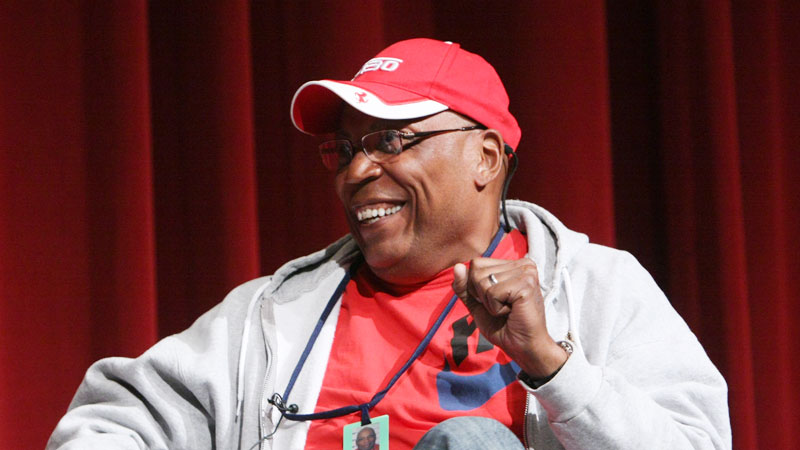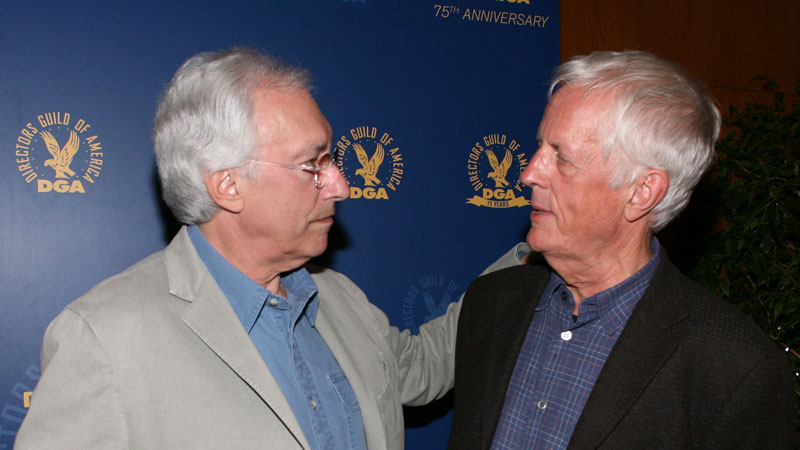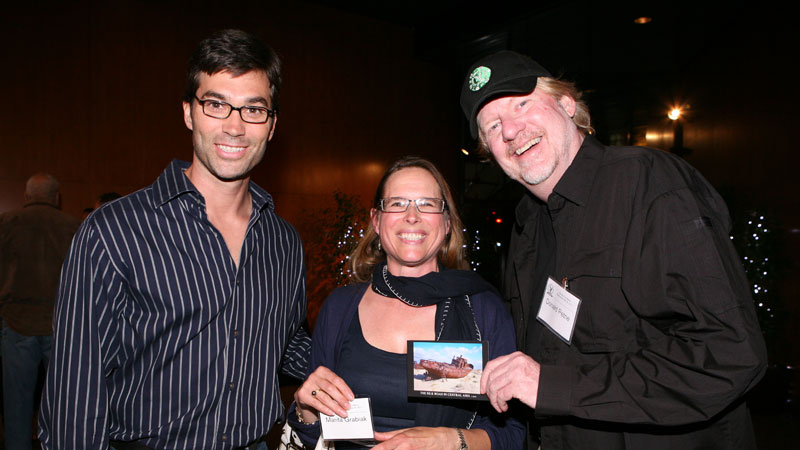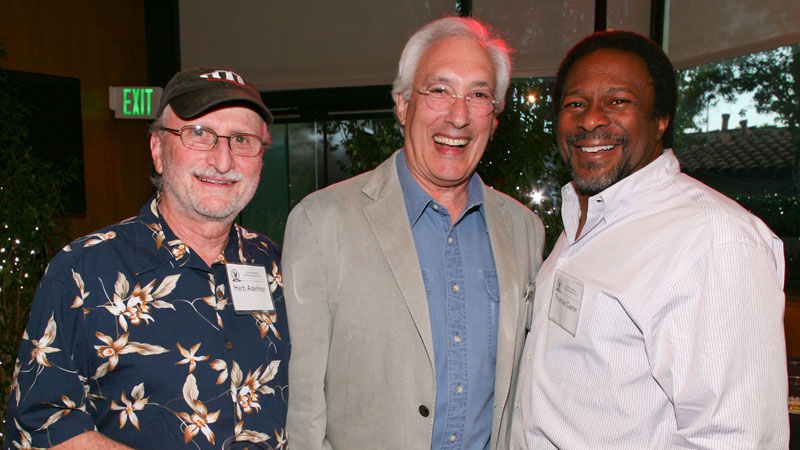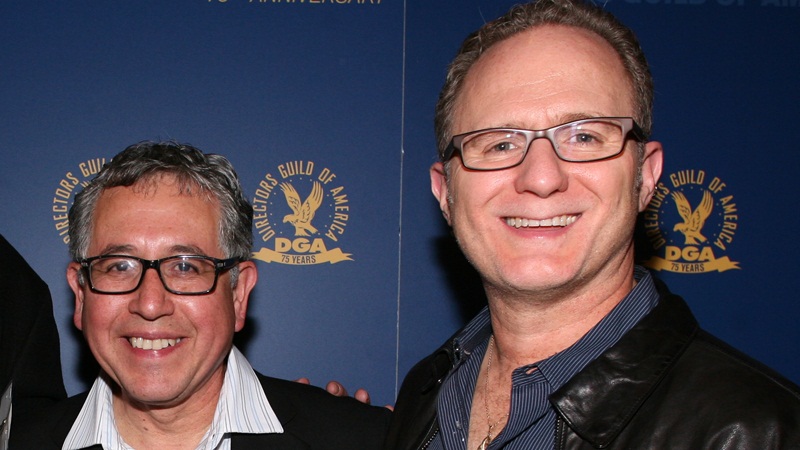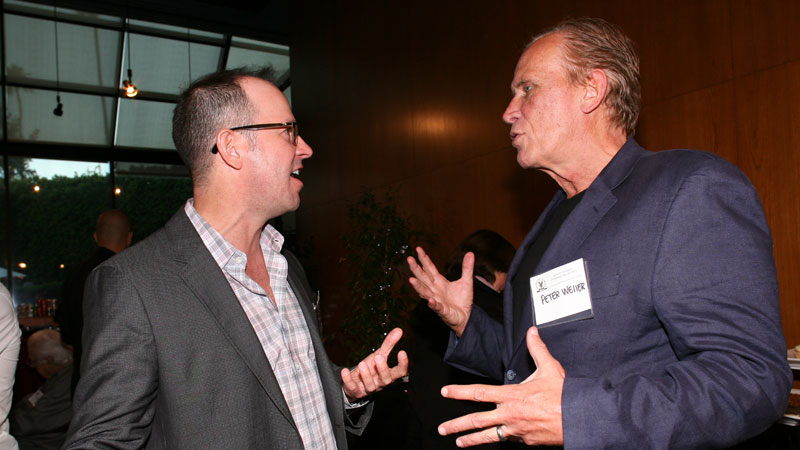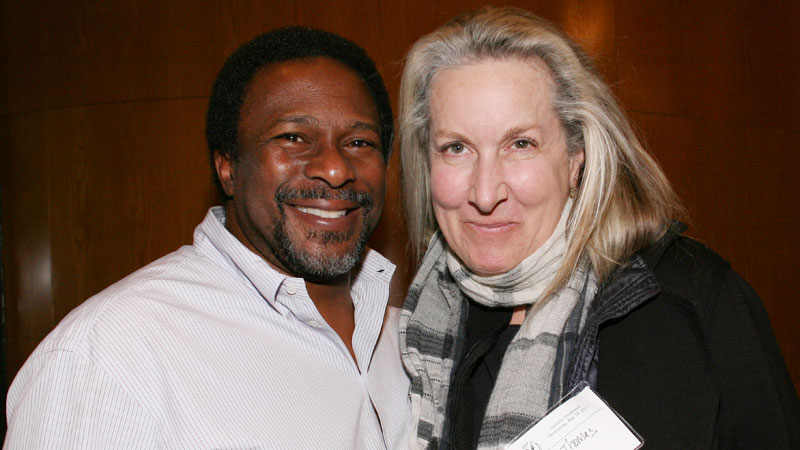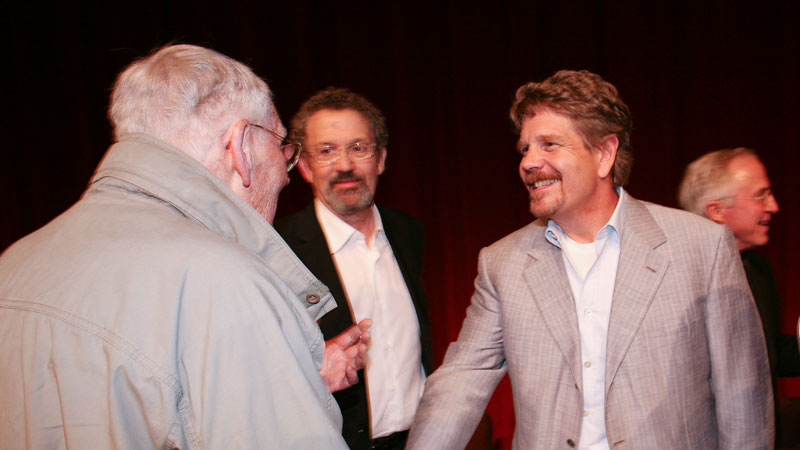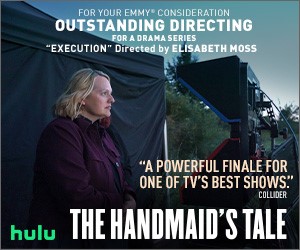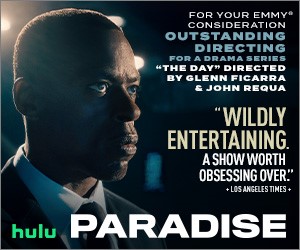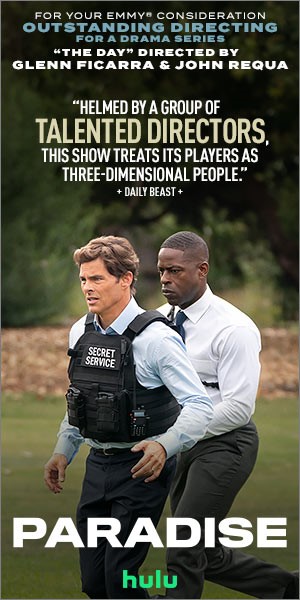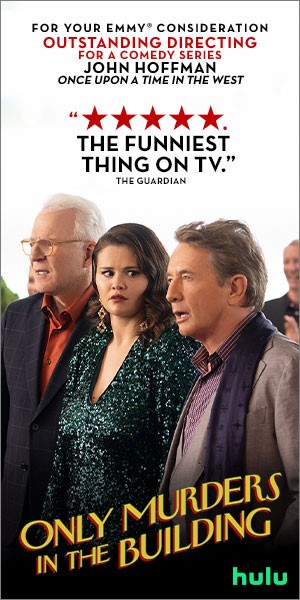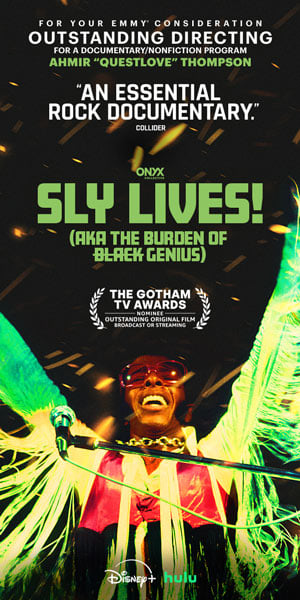On May 25, audience members in the Los Angeles DGA Theater enjoyed a special evening highlighting the game-changing direction of three of television's most celebrated dramatic series. Episodic Excellence: How Directors Changed the Game in Dramatic TV featured directors and producers from the groundbreaking classic network dramas Hill Street Blues, E.R. and the show that opened the doors to original programming in basic cable, The Shield.
The evening explored the impact of these series and discussed how their risk-taking directors unleashed innovative ideas whose influence can still be seen on the small screen.
"Tonight, we'll examine the critical, and often unsung, impact of episodic directors in dramatic television," said DGA 75th Anniversary Chair Michael Apted, who joined DGA President Taylor Hackford in welcoming the audience and panelists. Apted then turned the proceedings over to DGA Fifth Vice President and renowned director Thomas Schlamme who served as moderator for the evening.
"There was much great work great work the first 30 years of television, but at the exact midpoint of the 60 year history of television, everything seemed to change," said Schlamme. "Until then, television was the extension of radio. The written vocabulary remained the dominant storytelling device. When Hill Street Blues appeared, the visual vocabulary became as important as the written. It set the bar for the rest of television very, very high. A decade later E.R. exploded upon the scene. Its visual dexterity was a cinematic dance. Then a decade later, another show broke through the forest of cable television. The Shield was a weekly independent movie filled with moral ambiguity that broke every convention available and yet never lost its focus. It seemed as if television was now leading the visual and storytelling charge."
The discussions kicked off with the Hill Street Blues panel featuring producer Steven Bochco, director Bob Butler who helmed the DGA Award-winning pilot episode, director-producer Greg Hoblit, and director Thomas Carter. The quartet recalled the creation of the fabled overworked, understaffed inner city police precinct and discussed how they employed techniques like the use of handheld cameras to create a sense of realism and put the viewer in the middle of the action.
The Hill Street Blues panelists were then joined by E.R. producer-writer-director John Wells, director-producer Christopher Chulack, and director Rod Holcomb who shot the pilot episode that also won a DGA Award. Set a decade after Blues but also in an urban environment, E.R. pioneered stylistic choices like utilizing dynamic movement to following characters from room to room in long tracking shots to heighten dramatic tension.
The final panelists joining the stage represented The Shield, a gritty police drama as innovative as its forbearers, but set in modern Los Angeles. Producer Shawn Ryan and directors Guy Ferland and Paris Barclay shared how their directorial choices evolved from the classic network dramas that preceded them, and how they used creative techniques to overcome the constraints of a basic cable budget.
